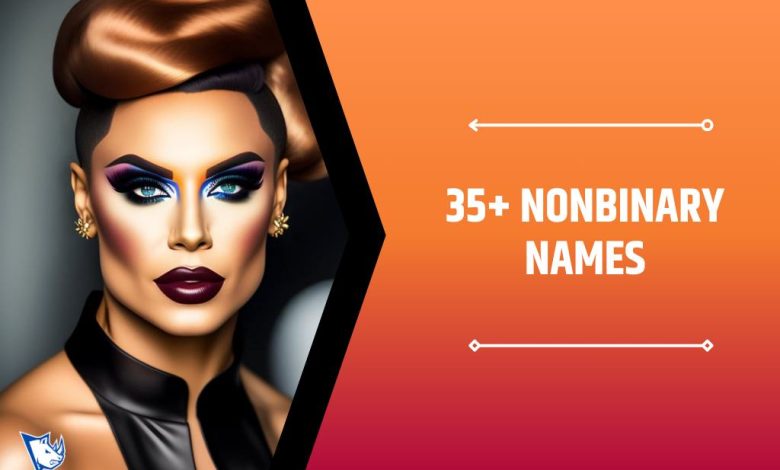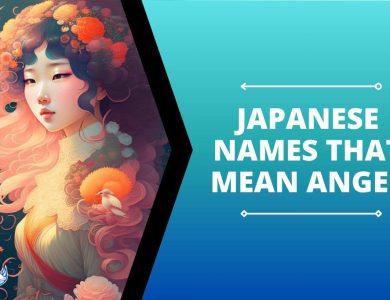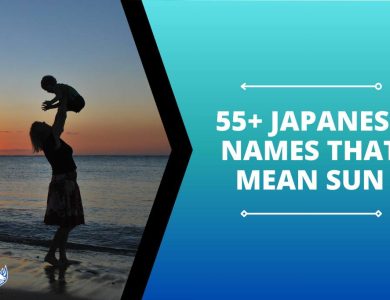35+ Nonbinary Names That Break Gender Norms in Style

Delighted to have you on board for our blog on nonbinary names! Picking the perfect name to match who you really are can be an empowering event. But what if you’re nonbinary? Often, society’s typical gender norms decide our birth names. Staking your claim on a nonbinary name can let independence and authenticity shine, asserting your identity.
This blog aims to dig deep into nonbinary names’ importance, offer helpful pointers for picking the perfect name, and applaud the nonbinary community’s unique and creative variety. Let’s go on a self-discovery and confidence-boosting adventure, exploring nonbinary names together.
Nonbinary Names
Discover unique nonbinary names that break stereotypes and celebrate individuality on our inclusive naming guide.
Alex (Greek origin) – Short for Alexander or Alexandra, it’s a versatile name that can be used for any gender.
Arden (English origin) – Derived from the Celtic word “ard,” meaning “high” or “elevated.” It symbolizes aspiration and ambition.
Ash (English origin) – Represents strength and resilience, derived from the ash tree.
Aspen (English origin) – Named after the aspen tree, which symbolizes courage and determination.
Avery (English origin) – Originally a surname meaning “ruler of the elves.” It’s now commonly used as a unisex given name.
Blair (Scottish origin) – Meaning “plain” or “field,” it represents openness and clarity.
Blake (English origin) – Meaning “fair-haired” or “dark,” it symbolizes balance and harmony.
Cameron (Scottish origin) – Meaning “crooked nose,” it’s a unisex name that has been used historically for both genders.
Casey (Irish origin) – Derived from the Gaelic surname “Ó Cathasaigh,” meaning “vigilant” or “watchful.”
Charlie (English origin) – Diminutive of Charles or Charlotte, it’s a gender-neutral name that reflects warmth and friendliness.
Dakota (Native American origin) – Named after the Dakota people, it signifies strength and resilience.
Drew (English origin) – Short for Andrew or Andrea, it’s a versatile name that can be used for any gender.
Ellis (English origin) – Derived from the Welsh surname “ap Elisedd,” meaning “son of Elisedd.” It represents nobility and strength.
Emery (German origin) – Derived from the Germanic word “amal,” meaning “work.” It signifies industriousness and determination.
Finley (Scottish origin) – Meaning “fair hero” or “white warrior.” It conveys strength and courage.
Harper (English origin) – Originally a surname meaning “harp player.” It symbolizes creativity and artistic expression.
Indigo (English origin) – Named after the deep blue-purple color, symbolizing intuition and spirituality.
Jamie (English origin) – Originally a diminutive of James or Jaime, it’s now commonly used as a unisex name.
Jordan (Hebrew origin) – Derived from the Hebrew word “yarden,” meaning “descend” or “flow down.” It represents fluidity and adaptability.
Juniper (Latin origin) – Named after the juniper tree, which symbolizes protection and healing.
Kai (Hawaiian origin) – Meaning “sea,” it symbolizes freedom and fluidity.
Morgan (Welsh origin) – Derived from the Old Welsh word “mor,” meaning “sea.” It represents depth and mystery.
Ocean (English origin) – Symbolizes vastness and depth, reflecting the boundless nature of the sea.
Parker (English origin) – Originally a surname meaning “keeper of the park.” It symbolizes stewardship and guardianship.
Phoenix (Greek origin) – Symbolizes rebirth and renewal, derived from the mythical bird that rises from its ashes.
Quinn (Irish origin) – Derived from the Irish surname Ó Cuinn, meaning “descendant of Conn.” It signifies wisdom and leadership.
Reese (Welsh origin) – Derived from the Welsh word “rhys,” meaning “enthusiasm” or “ardor.”
Riley (English origin) – Meaning “courageous” or “valiant.” It’s a unisex name that has gained popularity as a nonbinary option.
River (English origin) – Symbolizes fluidity and adaptability, reflecting the ever-changing nature of life.
Robin (English origin) – Named after the small songbird, symbolizing renewal and vitality.
Rowan (Irish origin) – Derived from the Gaelic word “ruadh,” meaning “red.” It symbolizes strength and wisdom.
Sage (English origin) – Represents wisdom and knowledge, derived from the Latin word “sapiens.”
Sidney (English origin) – Derived from the Old English words “sid,” meaning “wide” or “broad,” and “eg,” meaning “island.” It signifies expansiveness and openness.
Skylar (Dutch origin) – Meaning “scholar” or “learned one,” reflecting intelligence and curiosity.
Skyler (Dutch origin) – Meaning “scholar” or “learned one,” reflecting intelligence and curiosity.
Taylor (English origin) – Derived from the Old French word “tailleur,” meaning “tailor.” It symbolizes creativity and craftsmanship.
Wren (English origin) – Named after the small songbird, symbolizing freedom and joy.
Also Read:
Final Thought
In summary, the practice of using nonbinary names is an essential move towards embracing all individuals, not just those who identify with usual gender norms. Accepting nonbinary names provides a friendlier environment for all genders. Everyone should be addressed in a way that resonates with them, even if it’s not the norm. Society is evolving, and it’s becoming more understanding of various gender identities. Nonbinary names will help to grow this acceptance. We should aim to respect and affirm people’s identities by honoring their name choices.



